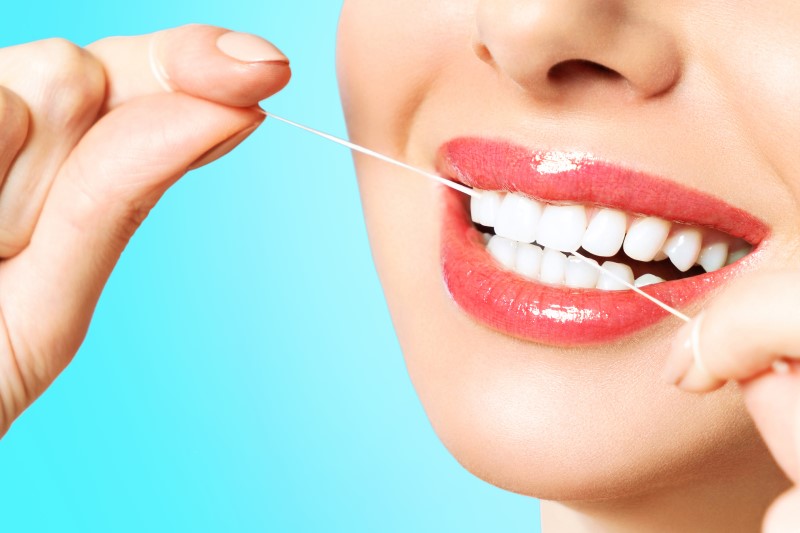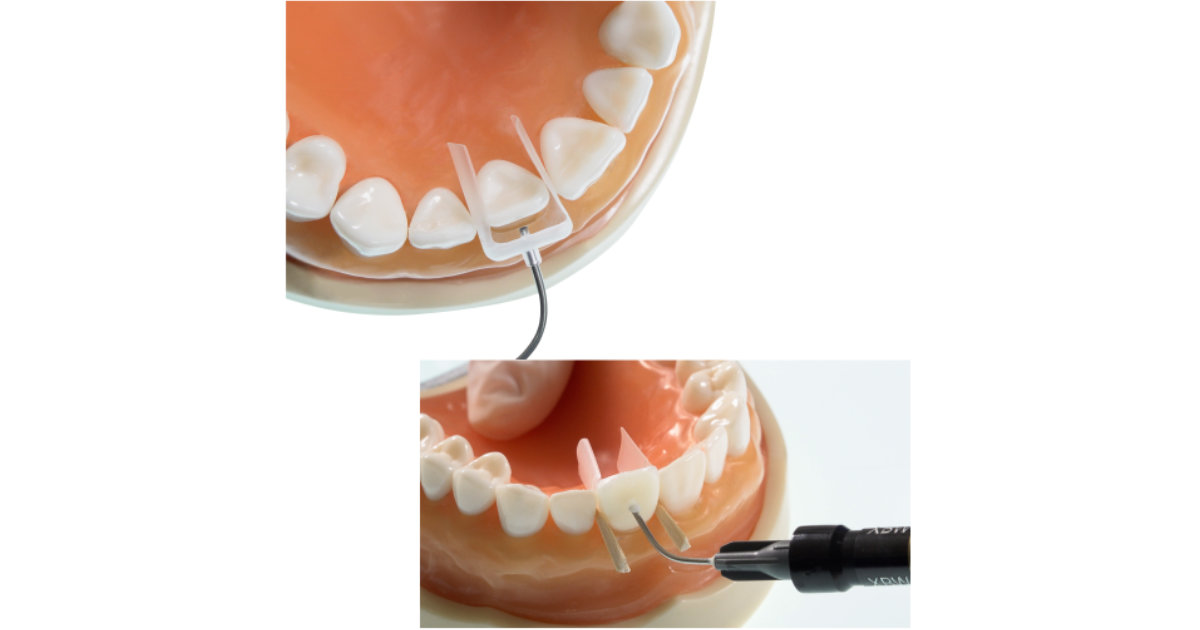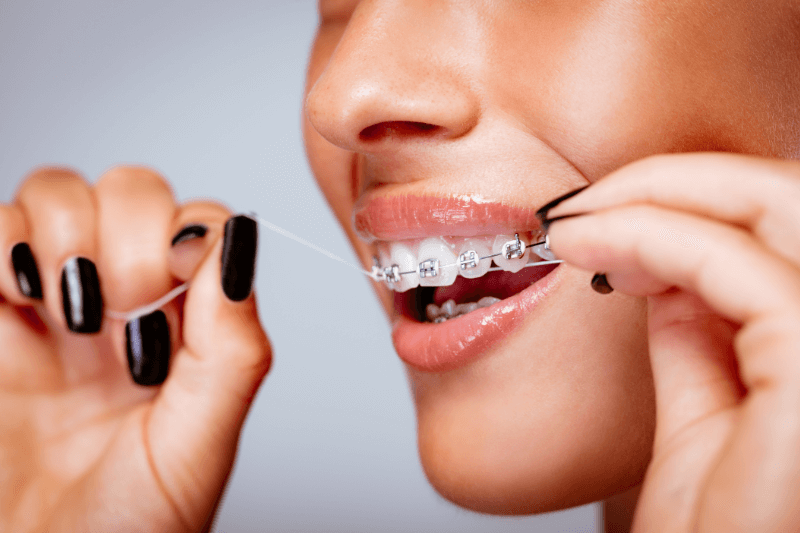Your teeth may not be a priority during the month of Ramadan, but it wouldn't hurt to keep them in mind. You should maintain the optimal health of your mouth so that fasting does not have a negative effect on it. Below are the most common conditions and guidelines for maintaining oral hygiene, which should not differ significantly from the period before Ramadan. We know that the most common oral diseases are caries and periodontal diseases. During the month of Ramadan, mild dehydration in some patients can lead to dry mouth. A dry mouth is not good for our oral cavity in any way. Reduced saliva flow can lead to the development of cavities, as well as gingivitis, known as gum inflammation.
To avoid dry mouth, it is very important to maintain regular oral hygiene. During iftar and suhoor, it is important to drink enough water, eat foods rich in proteins and fibers, and avoid over-spiced food or drinks that are high in sugar. By doing so, you will avoid dry mouth, cavities, and gum inflammation.
To avoid dry mouth, it is very important to maintain regular oral hygiene. During iftar and suhoor, it is important to drink enough water, eat foods rich in proteins and fibers, and avoid over-spiced food or drinks that are high in sugar. By doing so, you will avoid dry mouth, cavities, and gum inflammation.
Certainly, during Ramadan, we need additional protection, which can be found in toothpaste containing fluoride. Fluoride significantly contributes to the preservation of tooth structure. It would be good to use toothpaste with fluoride, specifically with 1450 ppm F. If you have the opportunity, you can also clean your interdental spaces and your tongue after iftar. The tongue is an organ in the oral cavity with the highest number of bacteria, which produce toxins and form food residues, resulting in an unpleasant breath.
Do not forget about your interdental spaces. Using interdental brushes or dental floss will contribute to the health of your teeth and gums. If you have any prosthetic work, such as dentures, gently brush them in the evening and place them in a glass of water to avoid the presence of bacteria and fungi in the oral cavity. During fasting, you can follow oral hygiene measures with precautions, of course, to avoid swallowing water or toothpaste. The same applies to mouthwashes. However, I would suggest avoiding mouthwashes during fasting to prevent further drying of the gums.
These are some guidelines for maintaining the optimal health of your teeth and gums. If you notice any changes, be sure to consult your dentist, who will find the best treatment for you.
Islam is an association with something beautiful and pure, and everything that Islam determines is such. Let's not neglect our general hygiene, as well as oral hygiene. Because hygiene is indeed half of health.






